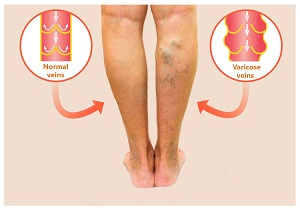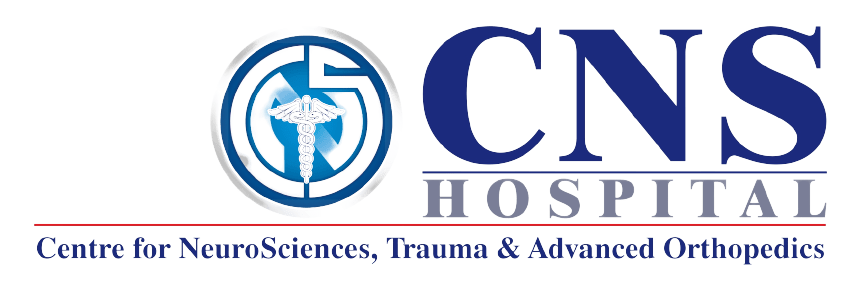Vascular Surgeon in Nashik
Vascular Surgeon
CNS Hospital has the skilled and experienced vascular surgeon in Nashik. Vascular surgeons at CNS Hospital are trained to perform a variety of procedures, including surgery to repair damaged blood vessels or remove blockages, angioplasty to open narrowed blood vessels, additionally bypass surgery to reroute blood flow around a clogged vessel. having treated thousands of patients with vascular disease, and having one of the most comprehensive Endovascular and Peripheral Vascular Surgical experiences in the Nashik treating thousands of patients with vascular disease. CNS Hospital offers balanced patient care with an emphasis on minimally invasive therapies under the most experienced vascular surgeon in Nashik

What Is Vascular disease?
Vascular disease is a group of conditions that affect the arteries and veins of the circulatory system and alter blood flow, causing impairment and even death. In the treatment of disorders of the vascular system, including those of the arteries, veins, and lymphatic drainage, vascular surgery is a surgical specialist that uses minimally invasive catheter procedures. Contrarily, the cerebral and coronary arteries are not operated on during vascular surgery.
What do vascular surgeons do?
Specialists with specialized training in treating problems of the vascular system are known as vascular surgeons. Your circulatory system’s roadways are made up of your blood vessels, which include arteries that deliver oxygen-rich blood and veins that return blood to the heart. Your body cannot function if your blood is not flowing smoothly. A condition like vascular stiffening can cause “traffic jams” in your circulatory system, which will disrupt the flow of blood to any organ in your body.
When Do I Need A Vascular Surgeon?
See a vascular surgeon if any of the following symptoms occur to you:
- Running or exercise causes ache or pain in the legs, feet, thighs, or buttocks.
- Leg pain that never goes away.
- Toes or fingers that are blue or black in color.
- ulcers caused on by diabetes or other foot issues.
- Leg pain, fatigue, and restlessness at night leg cramps
- a rash of blue lines on your legs.
- Swelling in the legs
- Itching or eczema in the legs, particularly on the ankles, which are brown-grey in color.
- Have just recovered from a stroke or experience mini-strokes
- Have you had an aorta or other blood vessel disease diagnosed?
- Some pulsating body swelling (pulsatile swelling)
Advance Endovascular Treatment
Blood artery problems are treated using advanced endovascular surgery, including but not limited to:
Angioplasty: Angioplasty are a minimally invasive procedure used to unblock a vessel. Various balloons of various types are inflated and mounted in the vessel’s restricted area. This immediately releases the arterial blockage and enhances blood flow. The suffering of the patient is immediately lessened.
Stenting: To keep the vessel open, stents must be placed in various locations. It has a tubular shape and is made of metal.
Hybrid Procedure: When both endovascular and open surgery are required to address a complex vascular problem. We have a hybrid occupational therapist who can perform out both tasks simultaneously.
Thrombolytic Therapy: Clot lysis is used to increase blood flow when a blood clot obstructs an artery or vein.
Thrombolysis with a catheter
Systemic thrombolysis

